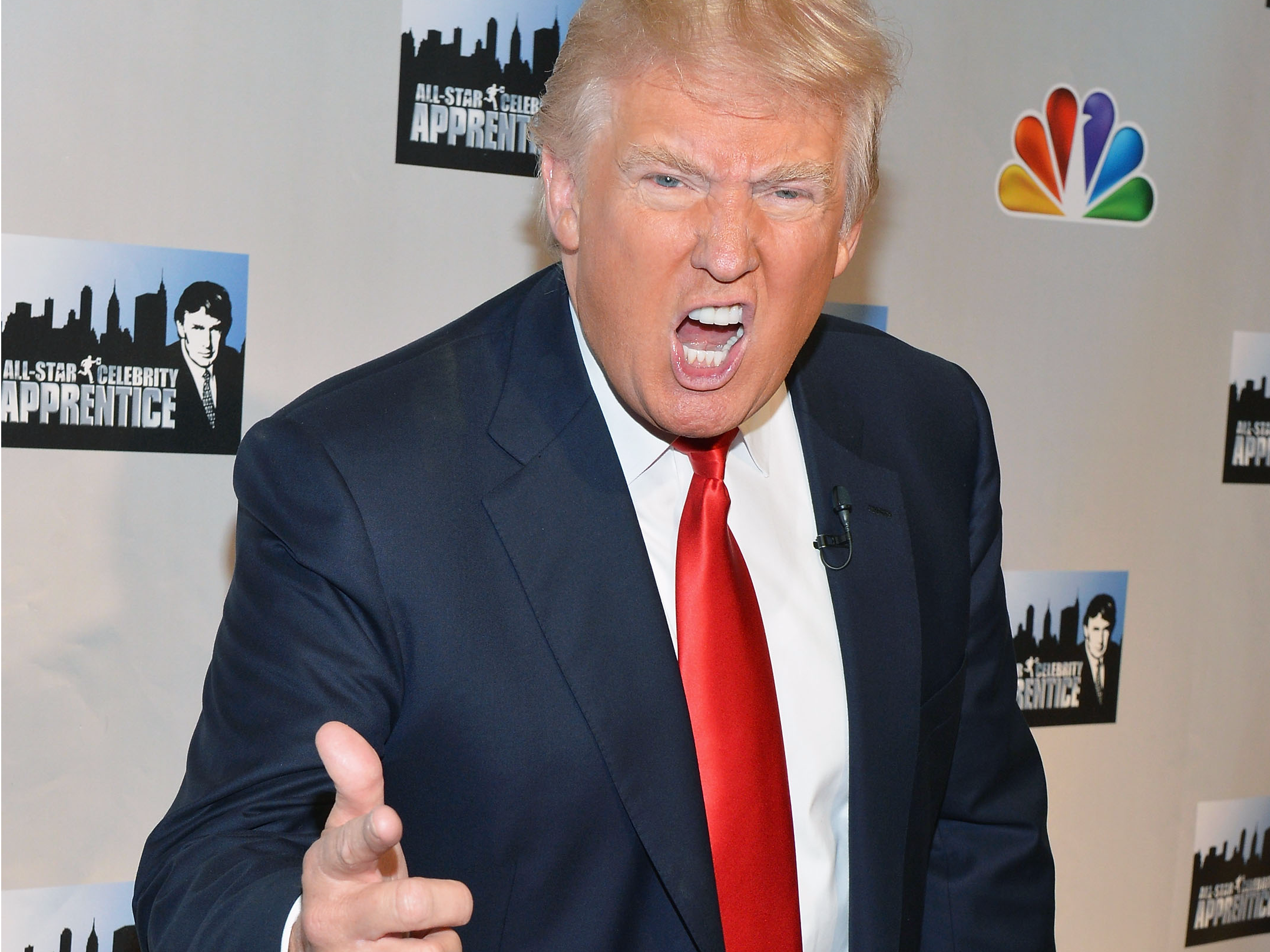- Gary Cohn is no longer being considered for Fed Chair, Bloomberg reports Trump is down to four candidates for the position, and Jerome Powell and Kevin Warsh are considered favorites. Powell, a current Fed governor, would signal continuity; Warsh comes from a politically influential family, but may be seen as too young.
President Donald Trump keeps teasing his eventual decision to appoint the next Federal Reserve Chair as if it were a certain reality show. Except, in this case, the winning contestant gets to play one of the most powerful roles in the world economy, including setting US monetary policy and regulating Wall Street.
In the latest twist, Bloomberg is reporting that Gary Cohn, the president’s economic adviser, is officially out of the race.
While the president has also dangled the possibility of reappointment before current chair Janet Yellen, her chances are seen as slim – she’s a liberal Democrat who has voiced concern about Trump’s desire to roll back post-crisis financial rules she was charged with implementing.
The two favorites are Jerome Powell, a former private equity magnate now on the Fed’s board, and Kevin Warsh a former Fed governor and Morgan Stanley banker whose wealthy family is a major Republican donor.
Also on the list, but unlikely as picks, are John Taylor, a former Treasury official under George W. Bush who has advocated for raising rates sooner and more quickly and Gary Cohn, head of the president's National Economic Council.
Cohn was long seen as a shoo-in for the Fed position, but then he voiced some concern about Trump's non-condemnation of Nazis after the violence in Charlottesville, Virginia, in August, leading to a falling out between the two. Another reason to doubt Cohn's appointment is that Trump really needs him around if he wants to try to pass his tax cut plan. Cohn is a former president of Goldman Sachs.
Here are more details about Trump's Fed chair final four, now that Cohn is out of the picture :
Jerome Powell

Powell spent most of his career at the Bush-family-linked private equity Carlyle Group, amassing millions of dollars. He is the richest member of the Fed's board. Powell has been a centrist on monetary policy, always voting inline with the committee as most board members do. However, he has expressed a willingness to rollback some post-crisis rules, which is sure to please Trump.
Kevin Warsh

Warsh's appointment to the Fed's board in 2006 was seen as controversial due to his youth and lack of experience. As a governor, Warsh was an ally of ex-chairman Ben Bernanke in dealing with Wall Street during the 2008 financial crisis, but he was also deeply critical of the Fed's bond buying program, even though he repeatedly voted to approve it. Warsh was also very wrong about the risk of imminent inflation from the Fed's actions. In reality, the central bank continues to undershoot its 2% inflation goal some nine years into the recovery.
Janet Yellen

Both academic and Wall Street economists overwhelmingly favor Yellen's reappointment, not just for the sake of continuity, but also because she is by far the best qualified and experienced candidate. She has managed to walk a middle ground within a somewhat divided central bank and was the first woman to be appointed to lead the central bank in its more than 100-year history. Her successful first four-year tenure should, in a reasonable world, lead to a no-brainer reappointment.
John Taylor

John Taylor, a Stanford economist and ex-Treasury undersecretary for international affairs, is always on the Republican list of potential Fed chairs, but never gets the job. The same is likely to happen this time around. Taylor's appointment would be highly disruptive to financial markets given his repeatedly hawkish record on monetary policy, which has called for substantially higher interest rates despite below-target inflation.
SEE ALSO:
Trump's reality TV take on his Fed chair pick leaves Wall Street wondering who'll get hired

